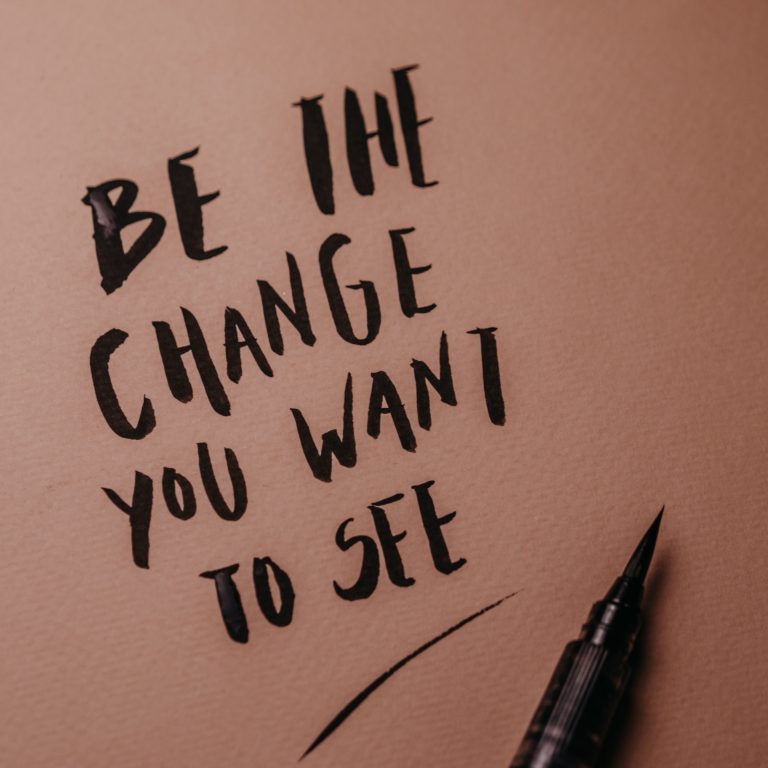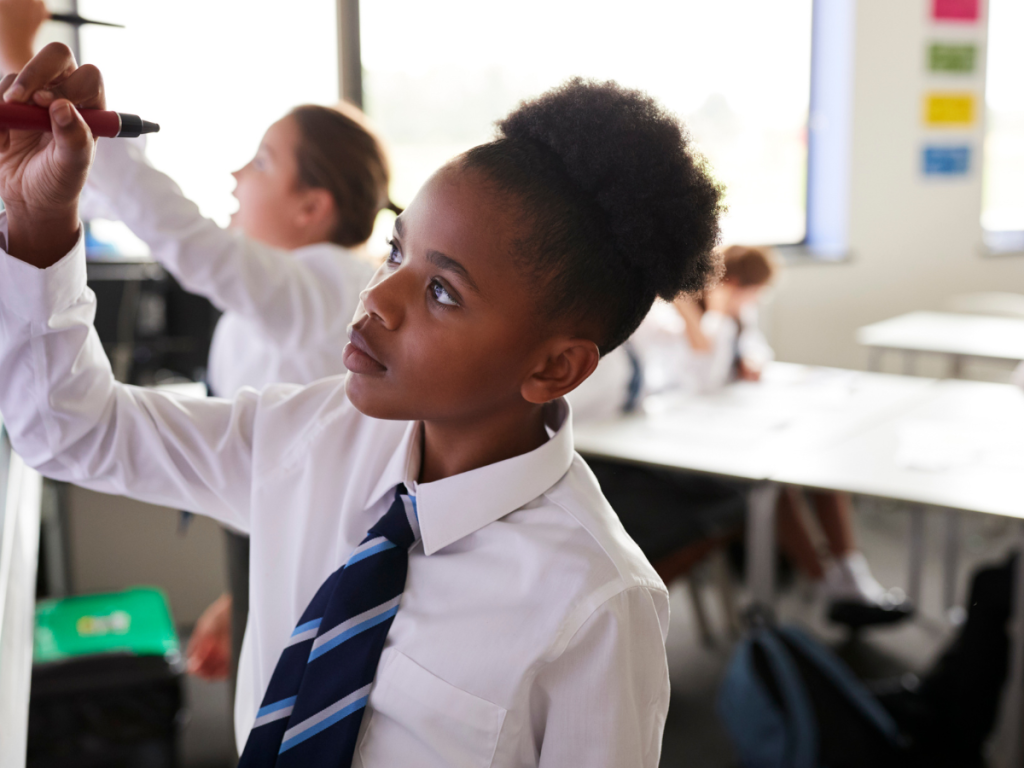The UK is home to people of many different ethnicities, faiths and heritages. However, institutions don’t always reflect this diversity. Schools, universities and workplaces may seem inclusive, but often host systemic racial biases. These biases endanger the health and wellbeing of their students and staff. This article takes a look at the mental health impact of racial bias in education and employment.
Exclusion — a worrying trend
A recent Voice Online article highlighted one issue of systemic racial discrimination. It reported that dual heritage girls, specifically those of mixed white and black Caribbean heritage, were three times more likely to be permanently excluded from school than their white British counterparts. These 2020-21 statistics were obtained by Agenda, a charity that supports vulnerable women and girls.
Indy Cross, CEO of Agenda, responded to the startling imbalance by urging the UK government to do better. “Kicking a child out of school closes doors to opportunities and can define the child’s life. School… should provide a safe space for girls, especially those who have suffered trauma such as domestic abuse, sexual violence, criminal exploitation and racism.”
Cause and effect
The statistics raise a vital question. Why are children of mixed heritage three times more likely to be excluded? Contented students are rarely disruptive, and certainly not to the extent of suspension or exclusion. Therefore, one must conclude that these girls have needs that are not being met or even understood.
One such child, a 16-year-old girl known as M, said, “School don’t take time to hear [me] and give me a voice to speak… for me, I don’t want to go back because they have already made me feel like I won’t make it.”
Another 16-year-old girl, known as J, added: “Being kicked out of school made my life a hundred times worse… I felt misunderstood and… alone. Not understanding mixed-black and black girls is a choice that impacts us for the rest of our lives.”
It is clear that the decision to exclude these girls has negatively impacted their mental health, potentially permanently. School is a formative educational and social experience that can influence the rest of a person’s life. It can be the difference between success and well-being, and spiralling mental health. These girls have been barred from that experience, closing doors which should have stayed open.
Adultification
It seems likely that adultification is a factor in these exclusion decisions. ‘Adultification’ is a safeguarding watch-word, which describes when authority figures do not apply ‘notions of innocence and vulnerability to certain children.’ This bias means that these children are punished as though they were an adult.
Statistically, black and mixed-heritage children are more likely to fall victim of adultification. One recent example is 15-year-old Child Q. She was inappropriately and unjustly strip-searched by the four Metropolitan police officers, who wrongly suspected her of carrying cannabis at school.
City & Hackney Safeguarding Children Partnership (CHSCP) reported that the search took place without another adult present, that her intimate body parts were exposed, and she was made to remove her sanitary towel. No drugs were found.
CHSCP stated that racism “was likely to have been an influencing factor.”
Unsurprisingly, this traumatic experience negatively affected Child Q’s mental health. She stated she “can’t go a single day without wanting to scream, shout, cry or just give up” since the search.
Mental health awareness
Disruptive behaviours are often indicative of underlying issues. If schools hope to offer real support, they need to provide a platform for these children a platform to be heard. All schools should have safeguarding measures in place, as well as trained safeguarding personnel on site to address any underlying issues.
Creating a safe space for vulnerable children is vital. Often, school is a safe space from other troubling circumstances. A child’s mental health will steeply decline when cut off from that safe space. We can see examples of this from Child Q’s PTSD responses, Child M’s low self-esteem, and Child J’s sense of alienation, all of which were caused by race-related discrimination.
These are not isolated incidents. According to a 2020 Runnymede report, 49% of young Black people think that racism is the biggest barrier to attaining success at school.
Unfortunately, this level of racial bias doesn’t stop at the school gates.
BBC Three’s recent documentary ‘Is Uni Racist?’ details how universities perpetuate systemic racism. University of Manchester security officers accused Zac Adan, a 19-year-old first year student of “looking like a drug dealer”. They held him against a wall and demanded to see identification.
Students like Adan described their experience of reporting such incidents. Often, they were locked out of the process. Many students were disappointed with the results, and felt their universities had failed them. Some said that the experiences made a significant impact on their psychological wellbeing and educational performance.
Workplaces are no different. More than half of black British employees have experienced micro-aggressions at work due to their racial identity. Micro-aggressions are related to increased risk of burnout and can negatively impact careers.
Anti-racial bias resources
The UK needs to address its institutional racial bias. Fortunately, there are safe spaces for its victims in the meantime. Both students and adults can use the following resources to combat racial bias:
Milk Honey Bees
Milk Honey Bees supports black and mixed-white, and black African and Caribbean girls who have been excluded. Their founder, Ebinehita Iyere, says: “There are some solutions: research and training within schools led by specialist organisations… and most importantly, giving girls a voice. We need to hear from mixed white and black Caribbean and black girls as they have the solutions.”
Read more about Milk Honey Bees here: https://milkhoneybees.co.uk/
Project Implicit
Project Implicit is another example of the work people are doing to encourage change. It is an international research project that studies implicit biases from a psychological and philosophical viewpoint. Using lived experiences to collect data, it attempts to change the way people think about race, gender, and other causes of discrimination. It even provides a tool to check your own implicit biases, which may be useful as a teacher and employer training tool.
Find the research tool here: https://implicit.harvard.edu/implicit/
Read more about the project itself here: https://biasproject.org/
Teach First
Teach First is a teacher training organisation. It believes it is important for students’s mental health to see adults from ethnic minority backgrounds in leadership roles. As there are only 6% of headteachers from an ethnic minority background, “there is a risk pupils from ethnic minority backgrounds will perceive themselves as less suited to leadership roles than their White peers.”
Read more about Teach First here: https://www.teachfirst.org.uk/










